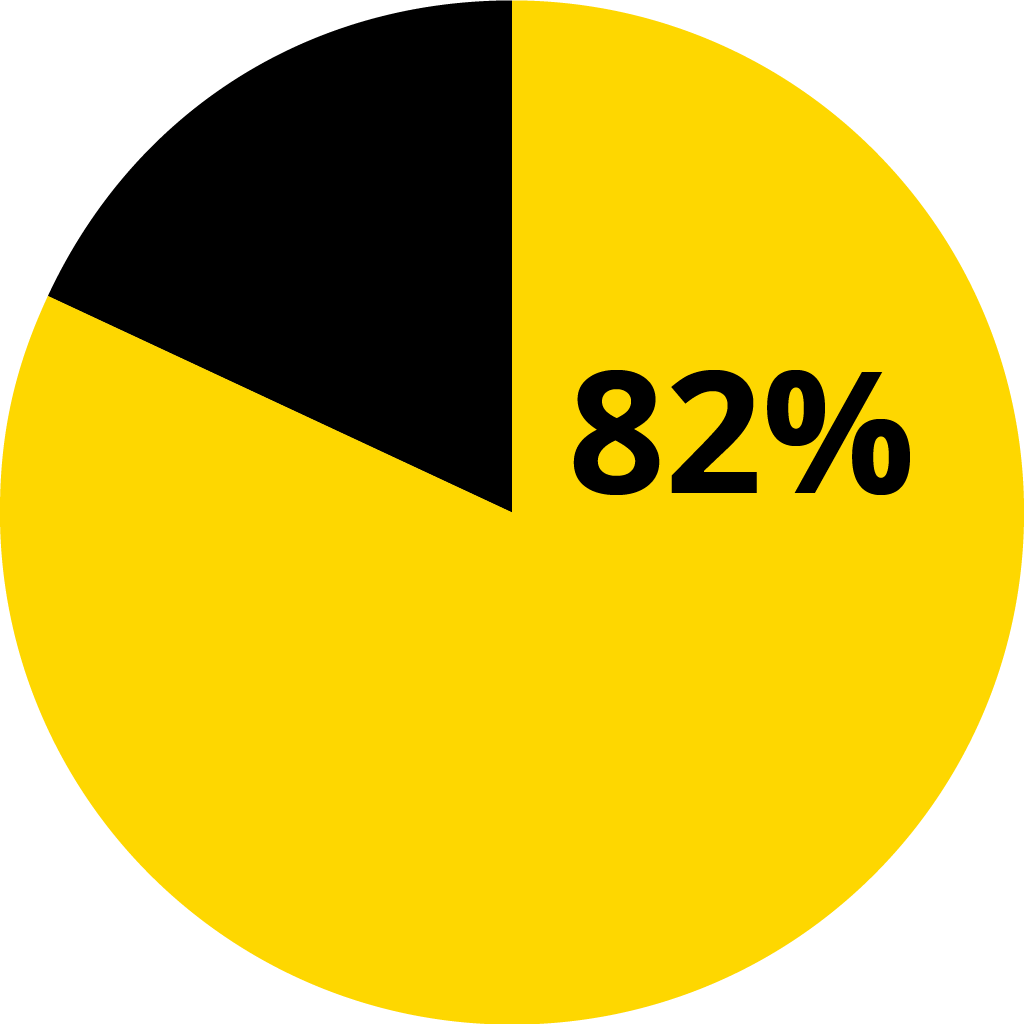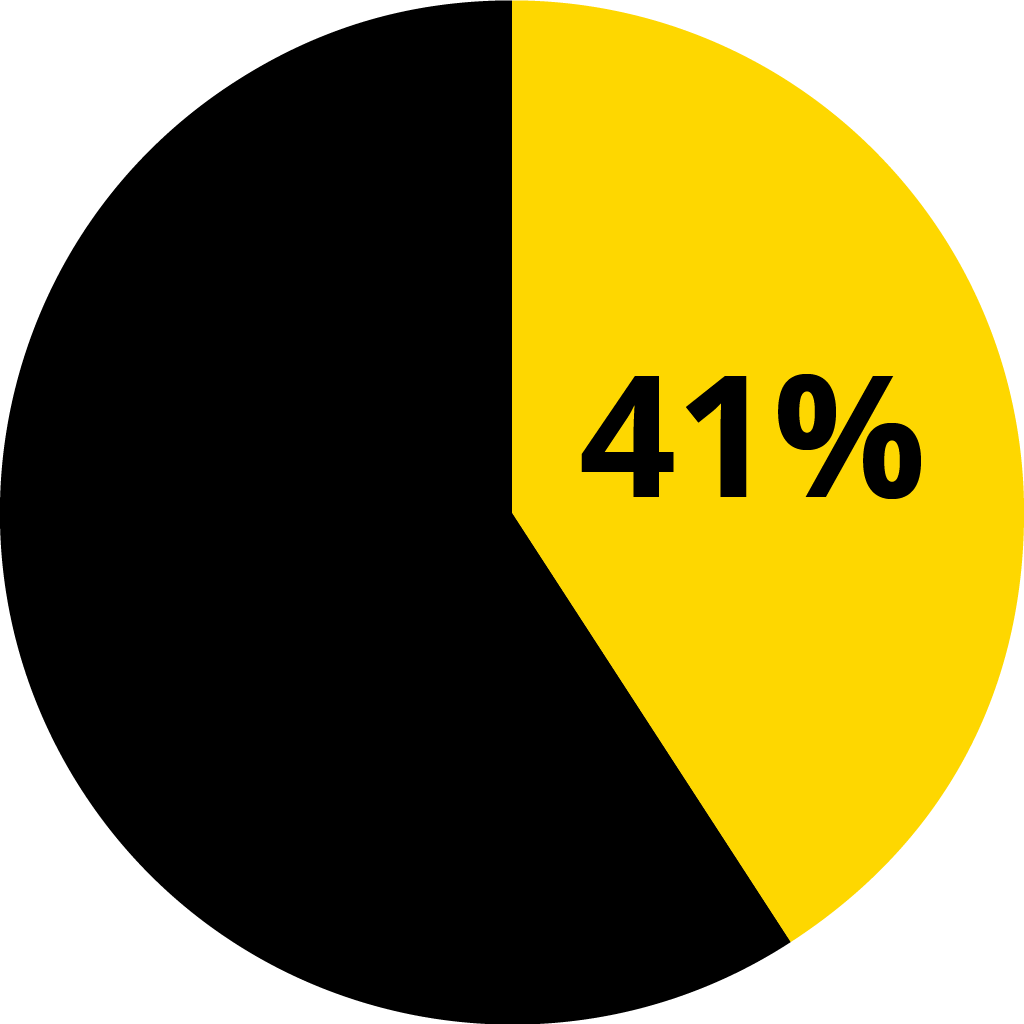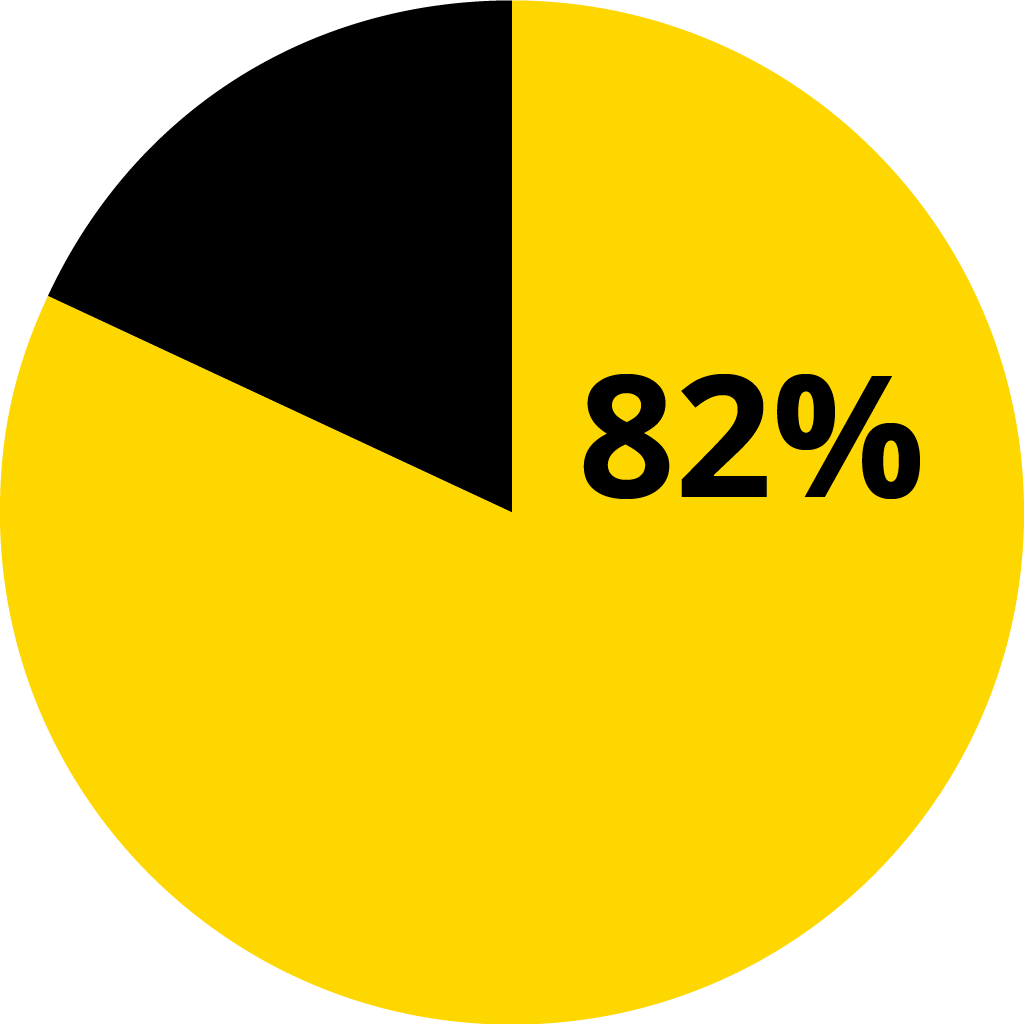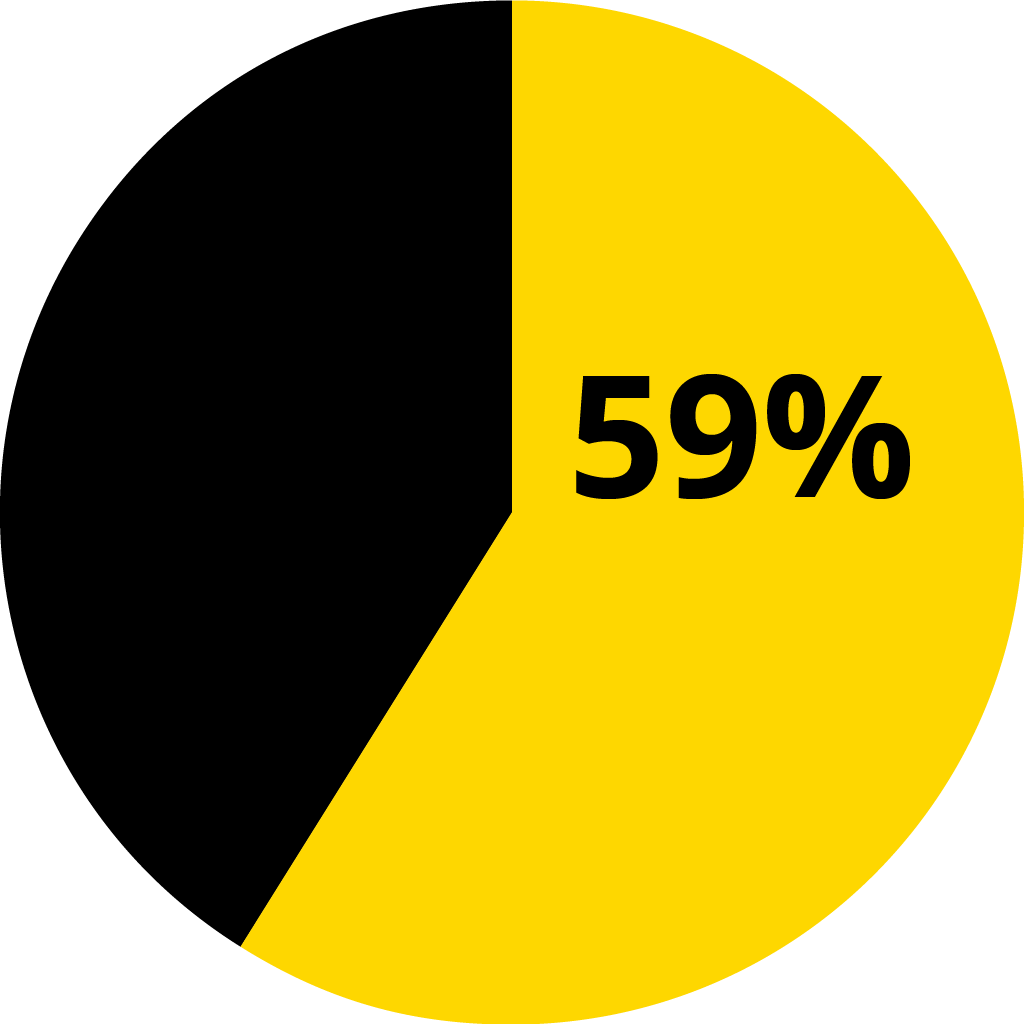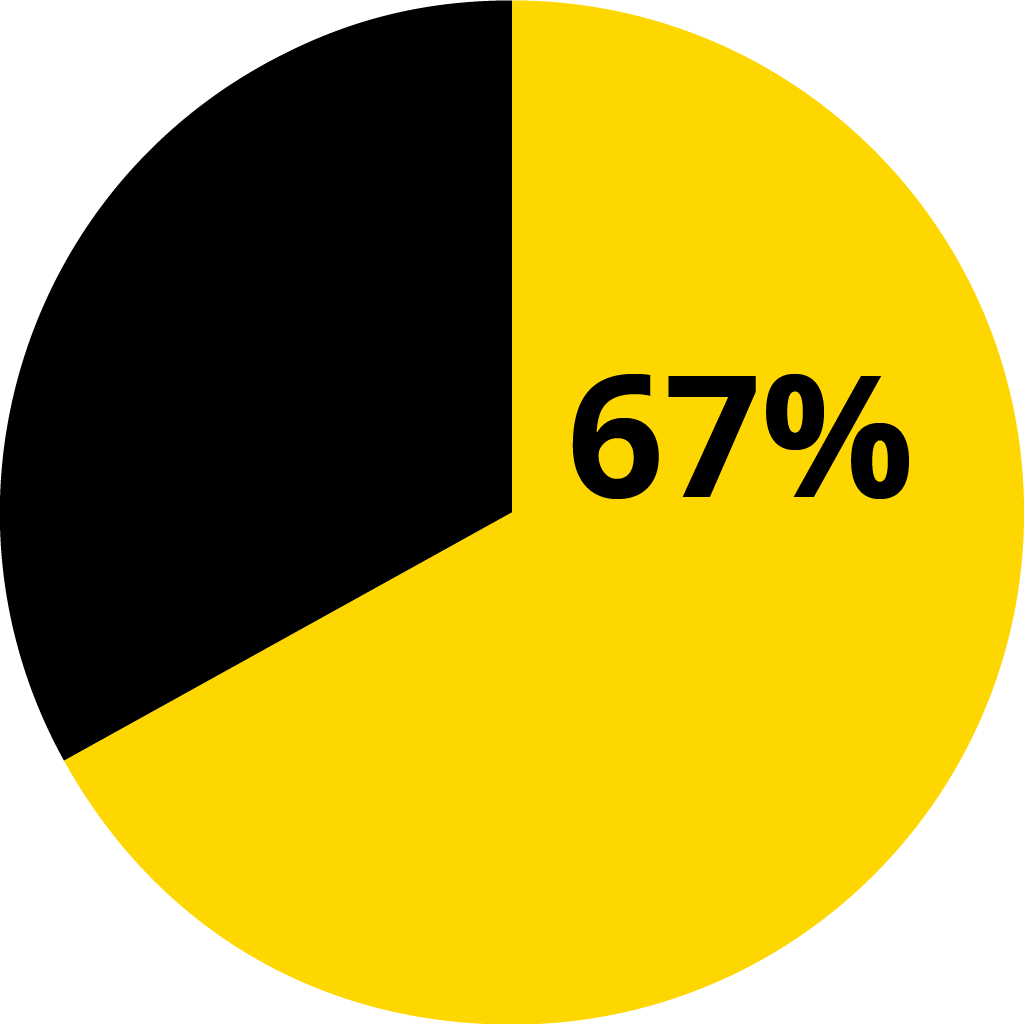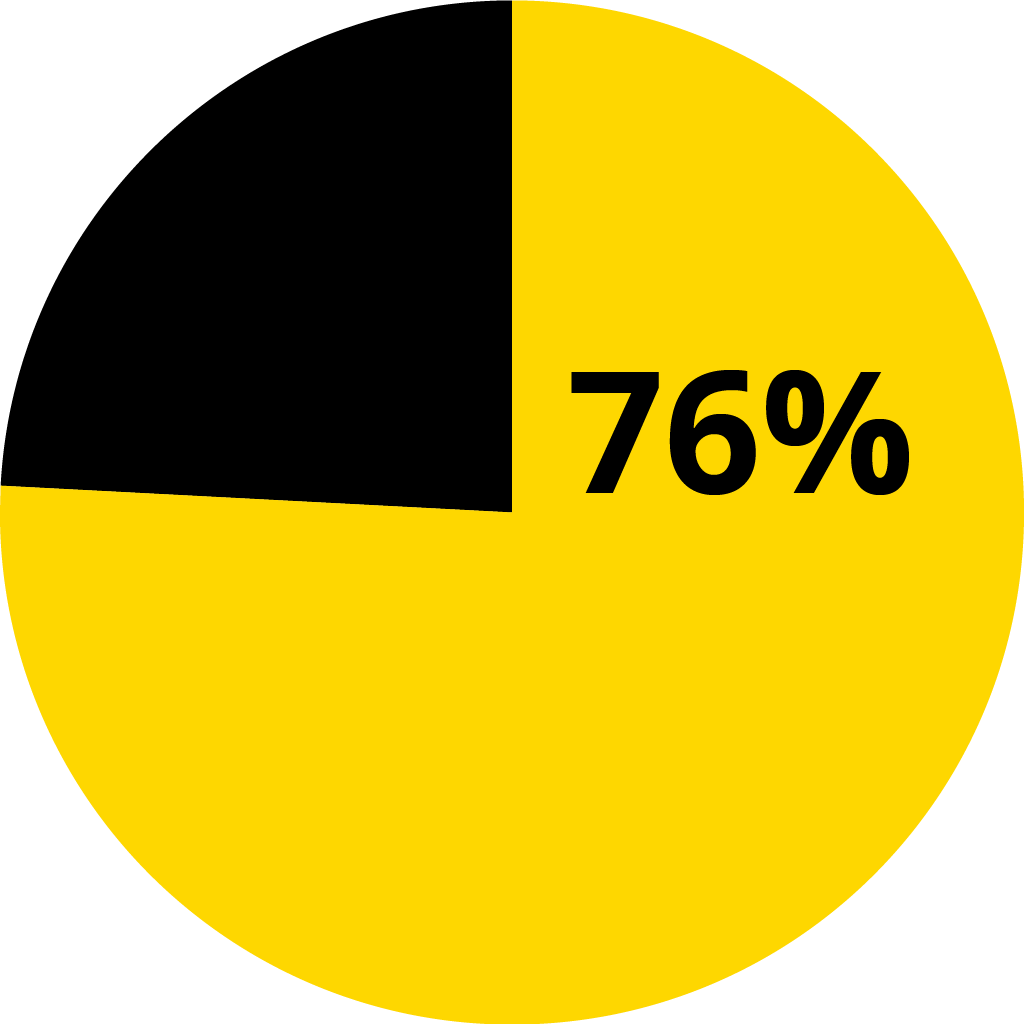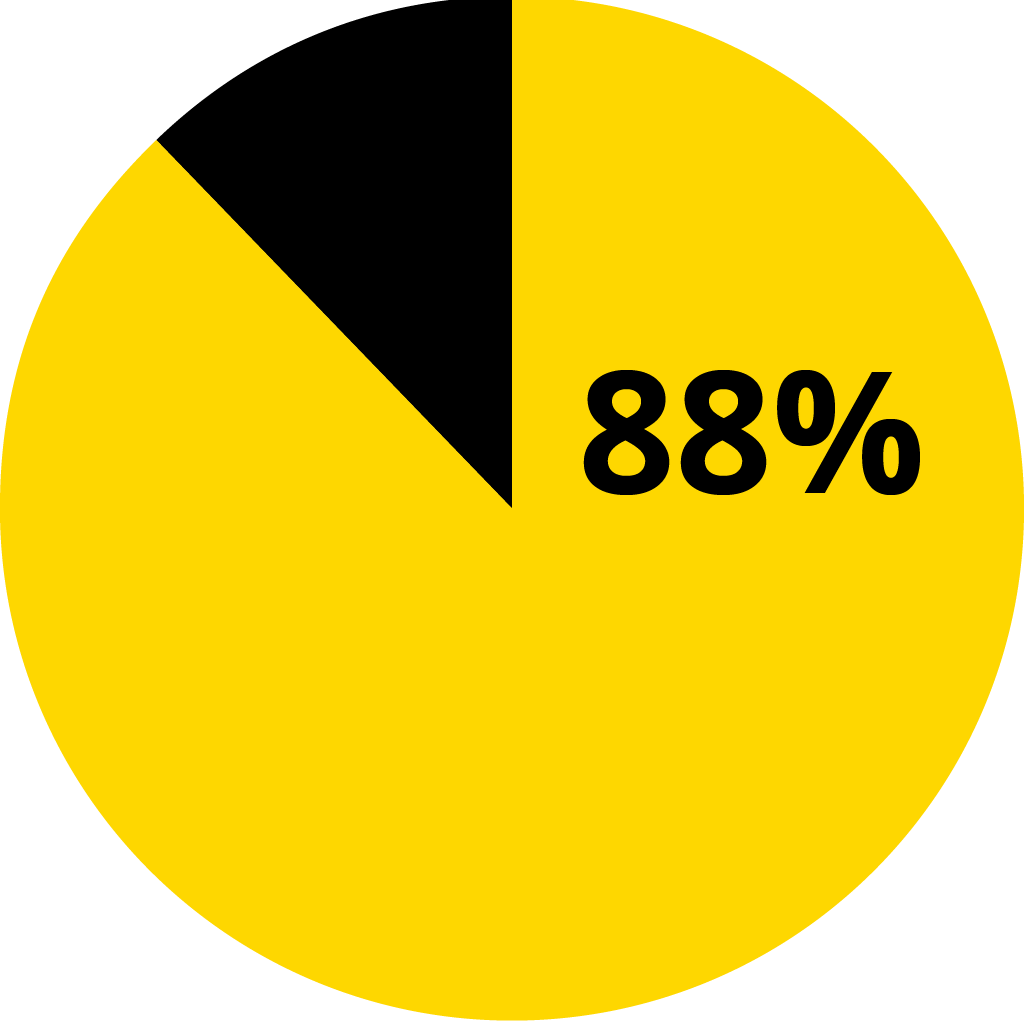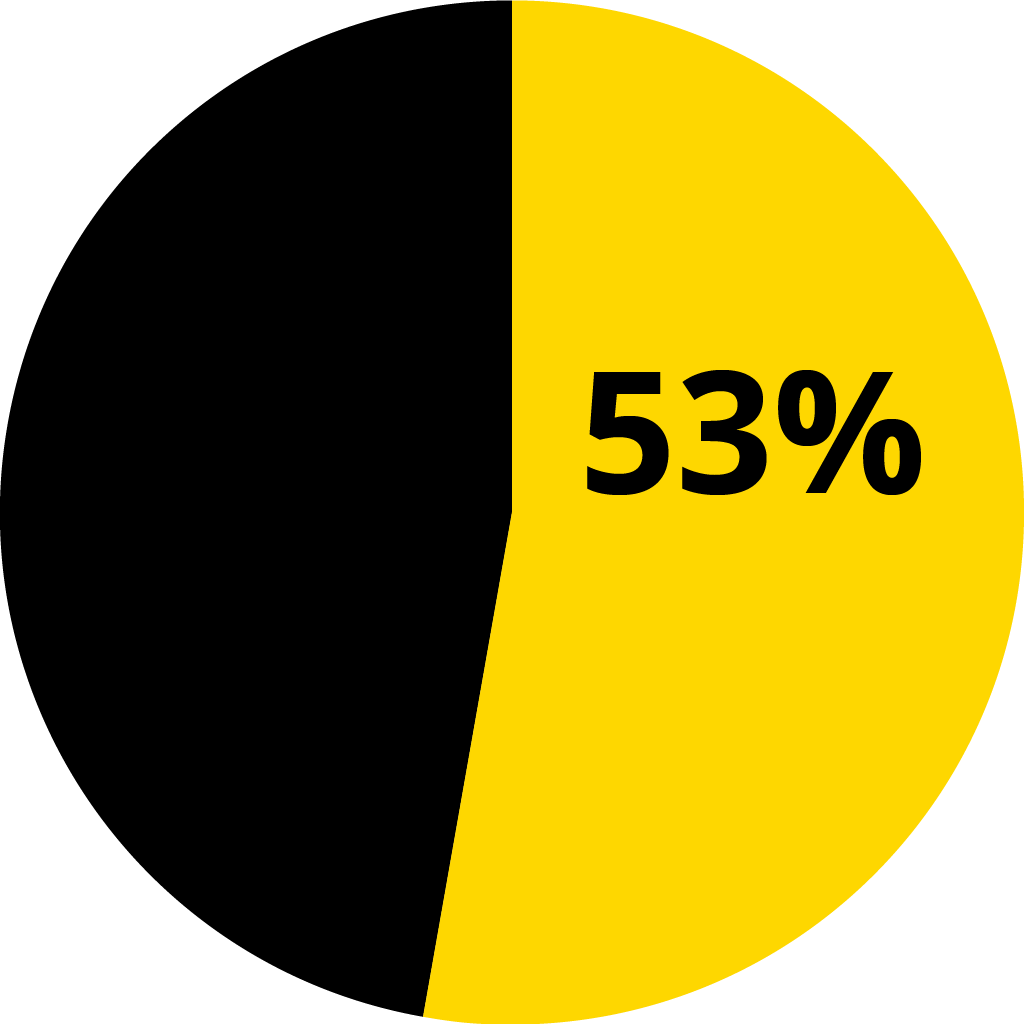We want everyone who supports us, or who comes to us for support, to feel confident and comfortable with how any personal information that is shared with us will be looked after or used. This privacy notice sets out how we collect, use and store your personal information, this means any information that identifies or could identify you.The Matthew Tree Project privacy notice may change so please remember to check back from time to time, this is version 1.1, which was last updated on the 28
th of October 2019. Where we have made any changes to this notice, we will make this clear on our website. We are committed to treating you with respect and openness.
1. Who we are
2. How we collect information about you
3. Information we collect and why we use it
4. Legal basis for using your information
5. Sharing your Information
6. Keeping your information safe
7. How long we hold your information for
8. Your rights
9. Cookies
10. Monitoring
- 1. Who we are ?
Here at The Matthew Tree Project, we are committed to protecting your personal information and making every effort to ensure that your personal information is processed in a fair, open and transparent manner.
We are a "data controller" for the purposes of the Data Protection Act 2018, the EU General Data Protection Regulation 2018 and the Privacy, Data Protection & Electronic Communications Regulation 2019 (UK GDPR). This means that we are responsible for and control the processing of your personal information.
- 2. How we collect information about you.
Everything we do, we do to ensure that we can help people experiencing a crisis in their lives for whatever reason get both support and respect. We want to make sure that the processing of data is minimal and necessary.
We collect information from you in the following ways:
When you interact with us directly: This could be if you register with us for help, make a donation to us, ask a question about our services, apply for a job or volunteering opportunity or otherwise provide us with your personal information. This includes when you phone us, visit our website, or get in touch through the post, or in person.
When you visit our website: We gather general information which might include which pages you visit most often, and which services or information is of most interest to you. We may also track which pages you visit when you click on links in emails from us. We also use "cookies" to help our site run effectively. We use this information to personalise the way our website is presented when you visit to make improvements and to ensure we provide the best service and experience for you.
- 3. Information we collect and why we use it.
Personal Information
Personal information we collect includes details such as your name, date of birth, email address, postal address, telephone number and payment details (if you are making a donation), as well as information you provide in any communications between us. You will have given us this information whilst making a donation or placing an order on our website or any of the other ways to interact with us.
We will mainly use this information:
- To process your donations to verify any financial transactions.
- To provide the services that you have requested.
- To update you with important administrative messages about your donation, services or goods you have requested.
- To comply with the Charities (Protection and Social Investment) Act 2016 and follow the recommendations of the official regulator of charities, the Charity Commission, which require us to identify and verify the identity of supporters who make major gifts so we can assess any risks associated with accepting their donations.
- To keep a record of your relationship with us.
- Where you volunteer with us, to administer the volunteering arrangement.
If you do not provide this information, we will not be able to process your donation, or provide goods and services you have requested.
We may also use your personal information to contact you about our work and how you can support The Matthew Tree Project.
Sensitive Personal Information
If you share your personal experience or the experiences of a friend or relative, we may also collect this sensitive information. If you provide us with any Sensitive Personal Information by telephone, email or by other means, we will treat that information with extra care and confidentiality and always in accordance with this Privacy Policy.
A special note about the Sensitive Personal Information we hold
Data Protection Law recognises that some categories of personal information are more sensitive. Sensitive Personal Information can include information about a person’s health, race, ethnic origin, political opinions, sex life, sexual orientation or religious beliefs.
If you contact us at The Matthew Tree Project in general communications with us such as emails, you may choose to provide details of a sensitive nature.
We will only use this information:
- For the purposes of dealing with your enquiry, quality monitoring or evaluating the services we provide.
- We will share your data only with your consent or in exceptional circumstances where the law permits. An example of this would be when an individual may be a risk.
- 4. Legal basis for using your information.
There are lawful ‘conditions’ that allow us to process your personal information and one of those is called 'legitimate interests'. The legitimate interest of The Matthew Tree Project to process your information to help us to achieve our vision of ensuring that everyone experiencing crises gets both support and respect.
Whenever we process your Personal Information under our ‘legitimate interest' lawful basis we make sure that we take into account your rights and interests and will not process your personal information if we feel that there is an imbalance.
Some examples of where we have a legitimate interest to process your Personal information are where we contact you about our work via post, use your personal information for data analytics, conducting research to better understand how to improve our services, for dealing with complaints, or for complying with guidance from the Charity Commission.
- 5. Sharing your Information.
The personal information we collect about you will mainly be used by our staff (and volunteers) at The Matthew Tree Project so that they can support you.
We will never sell or share your personal information with another organisation without your consent or where the law may permit.
We make sure whenever data is shared that it is transferred and stored securely, deleted when they no longer needed and never used it for any other purposes.
We enter into contracts with these service providers and require them to comply with Data Protection Laws and ensure that they have appropriate controls in place to secure your information.
Legal disclosure
We may disclose your information if required to do so by law (for example, to comply with applicable laws, regulations and codes of practice or in response to a valid request from a competent authority); or, in order to enforce our conditions and other agreements.
- 6. Keeping your information safe.
We take data security very seriously. We've implemented appropriate physical, technical and organisational measures to protect the personal information we have under our control, both on and off-line, from improper access, use, alteration, destruction and loss.
Our websites may contain links to other sites. While we try to link only to sites that share our high standards and respect for privacy, we are not responsible for the content or the privacy practices employed by other sites. Please be aware that advertisers or Web sites that have links on our site may collect personally identifiable information about you. This privacy statement does not cover the information practices of those websites or advertisers.
Any debit or credit card details which we receive on our website are passed securely to our payment processing partner, according to the Payment Card Industry Security Standards.
- 7. How long we hold your information for.
We only keep it as long as is reasonable and necessary for the relevant activity, which may be to fulfil statutory obligations. For example, our staff records are kept for as long as the law requires us to retain such information.
- 8. Your rights.
You have various rights in respect of the personal information – these are set out in more detail below. If you wish to exercise any of these rights or make a complaint, you can do so by contacting our team at;
10 Filwood Broadway, Knowle, Bristol BS4 1JN, by email [email protected] and by phone on 01179668071. You can also make a complaint to the data protection supervisory authority, the Information Commissioner's Office, https://ico.org.uk/
- Access to your personal information:You have the right to request access to a copy of the personal information that we hold about you, along with information on what personal information we use, why we use it, who we share it with, how long we keep it for and whether it has been used for any automated decision making. You can make a request for access free of charge. Please make all requests for access in writing and provide us with evidence of your identity.
- Right to object:You can object to our processing of your personal information where we are relying on a legitimate interest (or those of a third party) and there is something about your particular situation which makes you want to object to processing on this ground. You also have the right to object where we are processing your personal information for direct marketing purposes. Please contact us as noted above, providing details of your objection.
- Consent:If you have given us your consent to use personal information (for example, for marketing), you can withdraw your consent at any time.
- Rectification:You can ask us to change or complete any inaccurate or incomplete personal information held about you.
- Erasure:You can ask us to delete your personal information where it is no longer necessary for us to use it, you have withdrawn consent, or where we have no lawful basis for keeping it.
- Portability:You can ask us to provide you or a third party with some of the personal information that we hold about you in a structured, commonly used, electronic form, so it can be easily transferred.
- Restriction:You can ask us to restrict the personal information we use about you where you have asked for it to be erased or where you have objected to our use of it.
- No automated decision making: Automated decision-making takes place when an electronic system uses personal information to make a decision without human intervention. You have the right not to be subject to automated decisions that will create legal effects or have a similar significant impact on you, unless you have given us your consent, it is necessary for a contract between you and us or is otherwise permitted by law. You also have certain rights to challenge decisions made about you. We do not currently carry out any automated decision-making.
- 9. Cookies.
'Cookie' is a name for a small file, usually of letters and numbers, which is downloaded onto your device, like your computer, mobile phone or tablet when you visit a website.
They let websites recognise your device, so that the sites can work more effectively, and also gather information about how you use the site. A cookie, by itself, can't be used to identify you.
How do we use cookies?
We use cookies to distinguish you from other users of our website. This helps us to provide you with a good experience when you come to our website and also allows us to improve the user experience.
The cookies we use
We use the categorisation set out by the International Chamber of Commerce in their UK Cookie Guide.
We use all four categories of cookies:
- Strictly necessary cookies are essential for you to move around our website and to use its features, like our shopping basket and your account.
- Performance cookies collect anonymous information about how you use our site, like which pages are visited most.
- Functionality cookies collect anonymous information that remember choices you make to improve your experience, like your text size or location. They may also be used to provide services you have asked for such as watching a video or commenting on a blog.
- Targeting or advertising cookies collect information about your browsing habits in order to make advertising relevant to you and your interests. As such if you visit the Mind website you may then be more likely to see adverts about Mind’s work on other websites as your browsing suggests that this is an area of interest.
No cookies, please
You can opt out of all our cookies (except the strictly necessary ones).
But, if you choose to refuse all cookies, our website may not deliver the best possible visitor experience.
If you have any questions about how we use cookies, please contact us.
- 10. Monitoring.
Your communications with our teams (including by telephone or email) may be monitored and/or recorded for training, quality control and compliance purposes to ensure that we continuously improve our customer service standards.
To find out more about this policy and how we look after your personal information, contact our team on [email protected] or call on 01179668071.
